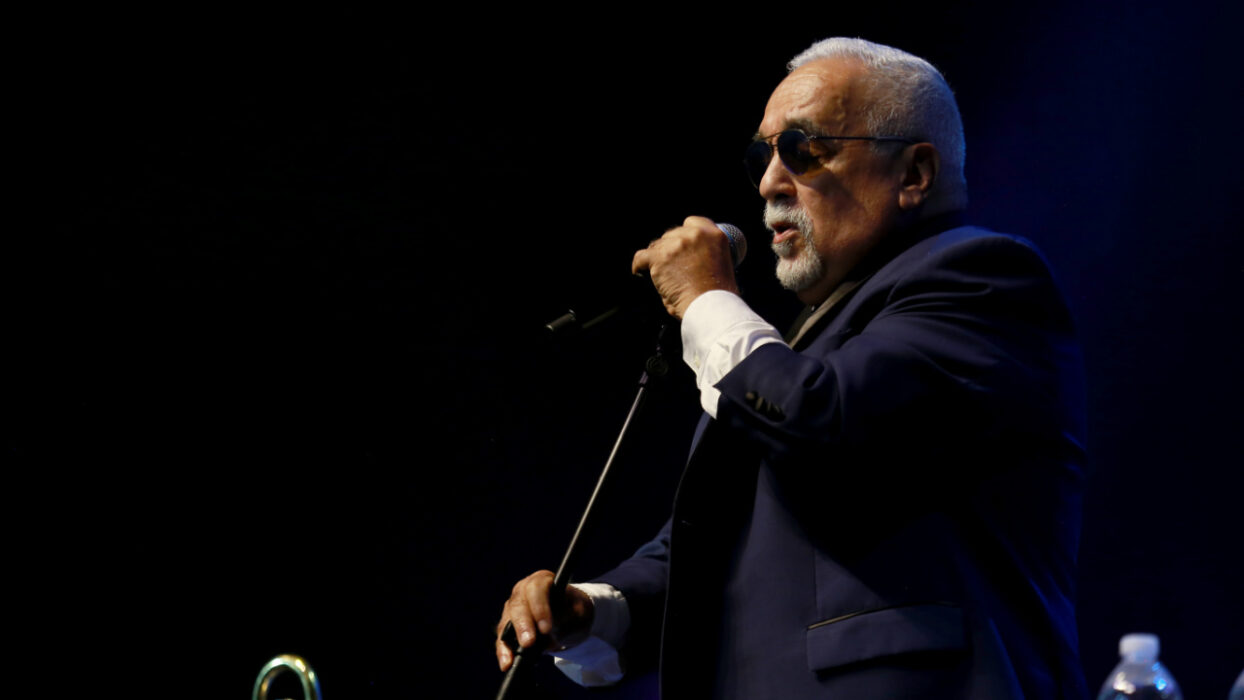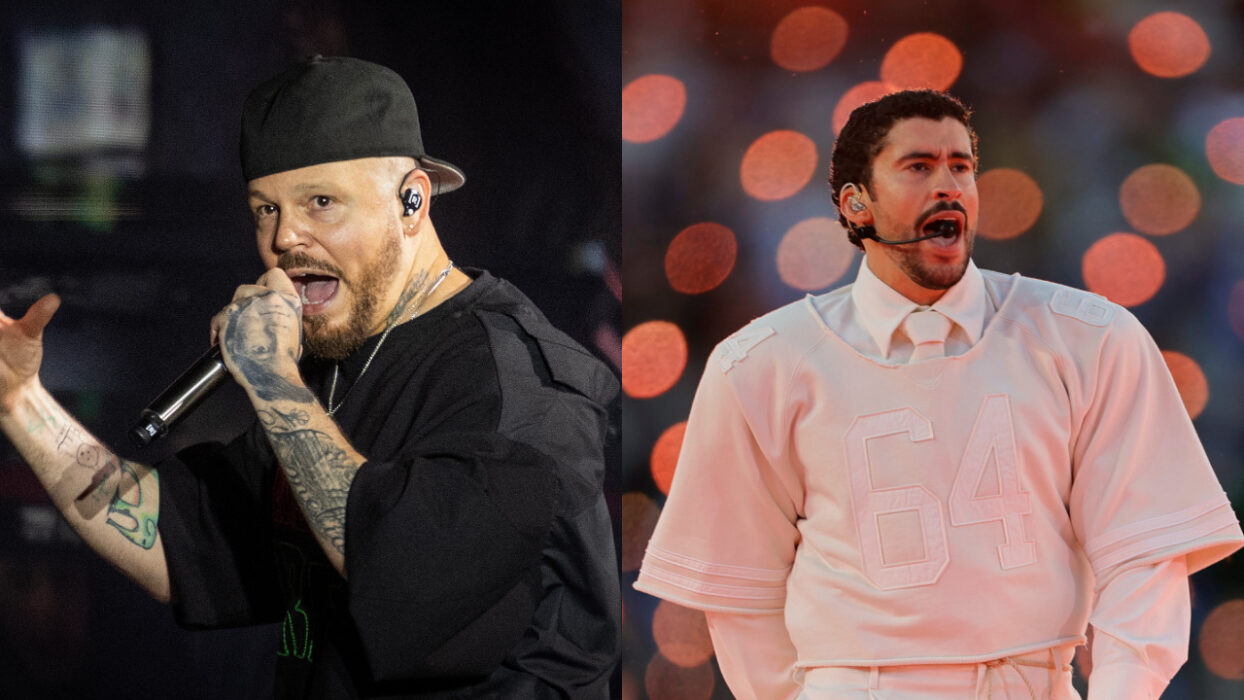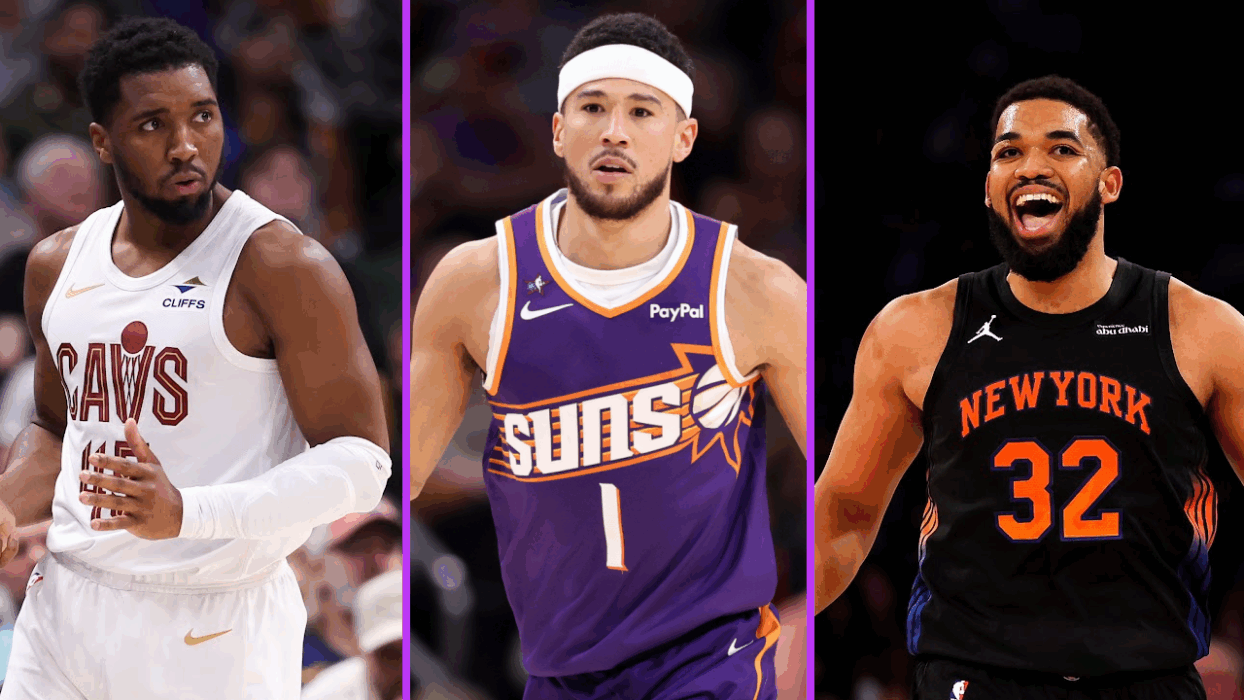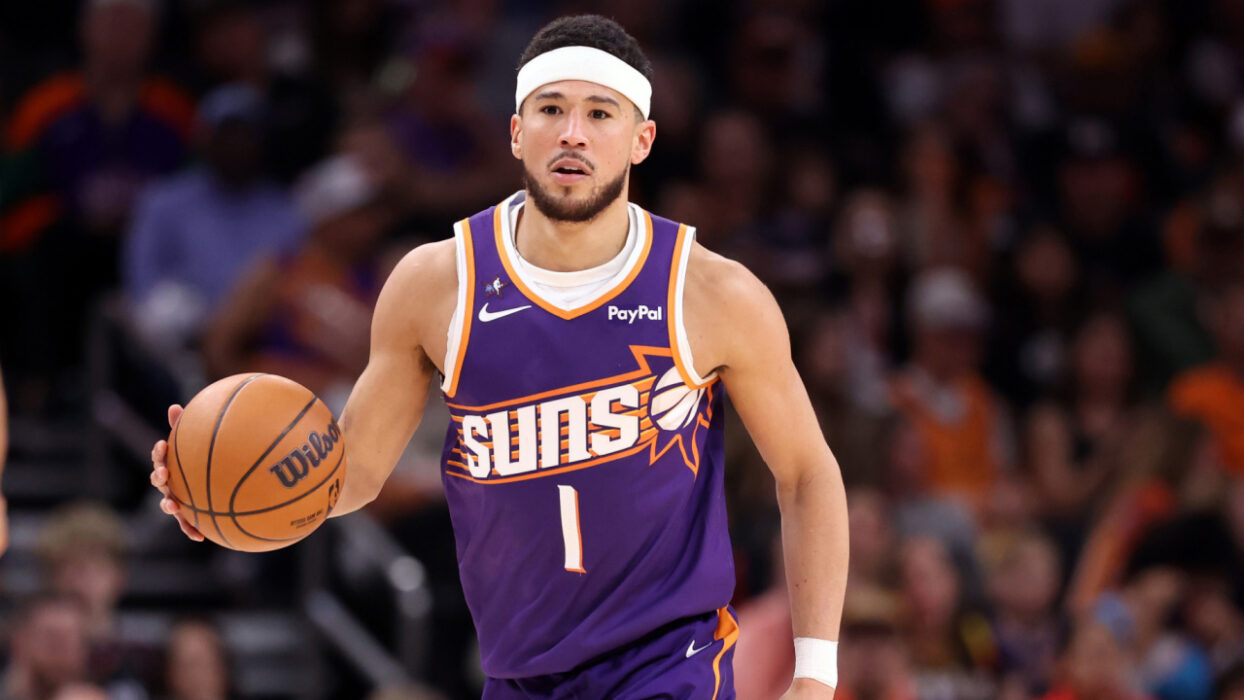
In ‘The Last of Us,’ Pedro Pascal is the Ultimate Embodiment of Joel Miller
Beware: Spoilers for “The Last of Us” and “The Last of Us Part II”
After it premiered this past Sunday, “The Last of Us” became an instant success and an elevation of video game adaptations that is already inspiring a new generation of writers and directors to bring their favorite games to life. The differences between the “Super Mario Bros.” movie of 1993 and the “Last of Us” adaptation of 2023 are vast.
So much so that many producers regarded video game adaptations as box office poison. Of the six video game adaptations to pull in $100 million at the domestic box office, five of them hit theaters after 2015. Prior to that, the only video game adaptation embraced by audiences was “Lara Croft: Tomb Raider” in 2001.
Even still, that film sits at 20% on Rotten Tomatoes while its sequel brought in half of what the original did at just over $65 million, so embrace is maybe a strong word. In recent years, movies like “Sonic the Hedgehog” and “Detective Pikachu” were able to attain a mild amount of critical and financial success, but weren’t nearly as seismic and defining as HBO’s take on “The Last of Us.”
Pedro Pascal brings Joel to life
For all of its faithfulness to the original games, a significant component of the marketing behind “The Last of Us” hinges on Pedro Pascal as the game’s protagonist, Joel Miller. More specifically, it revolved around not showing too much of Pascal’s performance, intentionally so.
Joel has always had a mythical, larger-than-life quality, echoing the American westerns of the 1950s. Unsurprisingly, HBO was able, to a certain extent, to bank on those qualities to sell the show to longtime fans and newcomers alike. Similarly, “Last of Us” developer Naughty Dog employed this technique when announcing Joel’s return in the game’s sequel by obscuring his face and allowing him just two lines of dialogue.
However, the first trailer for “The Last of Us Part II” worked specifically because of the pre-existing knowledge fans had of not just the world, but the characters living in it. Joel and Ellie were already an iconic duo, so teasing Joel’s return made sense.
In the case of HBO’s adaptation, getting audiences to accept the chimerical nature of Joel’s character as performed by Pedro Pascal wasn’t a guarantee. It was a risky move by HBO to announce the show with the assumption that fans had already approved of Pascal as Joel’s live-action rendering. However, it’s a move that paid off thanks to the power of Pascal’s performance.
Pascal may seem like an odd choice, but he’s the only man for the job
Depending on how you look at it, Pascal is either the only actor who could play Joel or the last actor who should. Seeing that Pascal already stars in Disney’s “The Mandalorian,” in which he plays a similarly gruff character tasked with transporting precious cargo, his performance as Joel may have seemed redundant to some, to the point that Pascal actually had to ask Disney for their permission to star in the HBO adaptation.
But, as “Last of Us” creator Craig Mazin points out, “The Mandalorian is interacting with a mute, adorable creature — and I love that show. But interacting with a teenager is complicated.”
In essence, the characters differ in one crucial aspect. Besides the obvious aesthetic discrepancies — Pascal’s character wears a helmet throughout the entirety of “The Mandalorian” — the two characters are an inversion of each other. Mandalorian is a killer with the soul of a human. Joel is a human with the soul of a killer.
The shows task both characters with reconciling that dichotomy. However, “The Last of Us” strips Joel of any opportunity for easy moralizing or pat answers to life’s biggest questions. The most important battle isn’t between Joel and runners, clickers, raiders, or FEDRA. Instead, it’s the fight to preserve the remaining pieces of his soul.
Like the Fireflies say, “When you’re lost in the darkness, look for the light.”
Pascal comes from a revolutionary background
Not only does Pascal understand how to illustrate this inner turmoil with a raised eyebrow or a tortured glance. Pascal himself is no stranger to loss, political revolution, or moral decay. Born and raised in Chile, Pascal’s family entrenched themselves in far-left revolutionary movements. They worked tirelessly to topple the dictatorial rule of Augusto Pinochet.
In fact, Pascal is related to Chile’s socialist president, Salvador Allende. He continues to quietly support socialist movements throughout Latin America, endorsing Chilean candidate Gabriel Boric for president in 2021. He understands better than most the nature of an individual who has forsaken allegiances in the interest of self-preservation because his family spent generations fighting them.
Tragically, Pascal’s mother passed in 1999 after committing suicide when the actor was just 24 years old. There is no doubt that Pascal channeled that grief into his portrayal of Joel. The character loses his daughter at the beginning of the outbreak and spends the next 20 years vigilantly avoiding any real attachment to another human being who reminds him of the one he lost.
Pascal and Joel are two sides of the same coin
Yes, Pascal captures Joel’s presence, his voice, his gait — the manner in which he moves through the world. But more importantly, Pascal understands Joel. Despite not knowing about the games before he was cast, Joel has been a part of Pascal (and vice versa) long before HBO decided to greenlight the show.
It’ll be interesting to see how Pascal navigates the character in the episodes and seasons to come. Most notably, the Winter chapter and final rescue mission from “The Last of Us” and Joel’s untimely and brutal death in the first act of “Part II.” Pascal already sees through Joel’s ever-weakening facade. He understands that the fighting, the death, the grief is in service of the simplest of pleasures. A cup of coffee to drink, a guitar to play, and a person to love.




